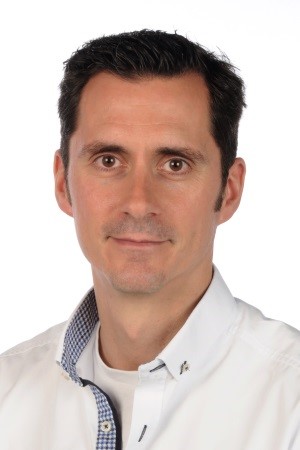
Topic of Research
|

Topic of Research
|
The sperm-specific CatSper Ca2+ channel is activated by prostaglandins that are released by cells surrounding the oocyte. Prostaglandin-induced Ca2+ influx via CatSper affects the swimming behavior and, thereby, facilitates the fertilization process. Prostaglandins activate CatSper via an unknown mechanism. We will develop and apply a chemical toolkit, i.e. prostaglandin photo-affinity labels, to elucidate the prostaglandin-binding site in human sperm and to characterize prostaglandin action in human sperm. The project will be conducted as a whole (from the synthesis to the application) by a PhD student under co-supervision by Prof. Wünsch and Prof. Strünker.
|
1997 - 2002 |
Studies of Biology (Diplom-Biologe) at the University of Cologne |
|
2002 - 2005 |
PhD at the Research Center Jülich, Germany (PhD in Biochemistry, University of Cologne) |
|
2005 - 2006 |
Post-Doctoral Fellow at the Research Center Jülich, Germany |
|
2006 - 2008 |
Lab Head with Grünenthal GmbH, Germany |
|
2008 - 2015 |
Group Leader at the Research Center Caesar (Bonn), an Associate of the Max Planck Society |
|
since 2015 |
Professor at the Center of Reproductive Medicine and Andrology (CeRA), Münster |